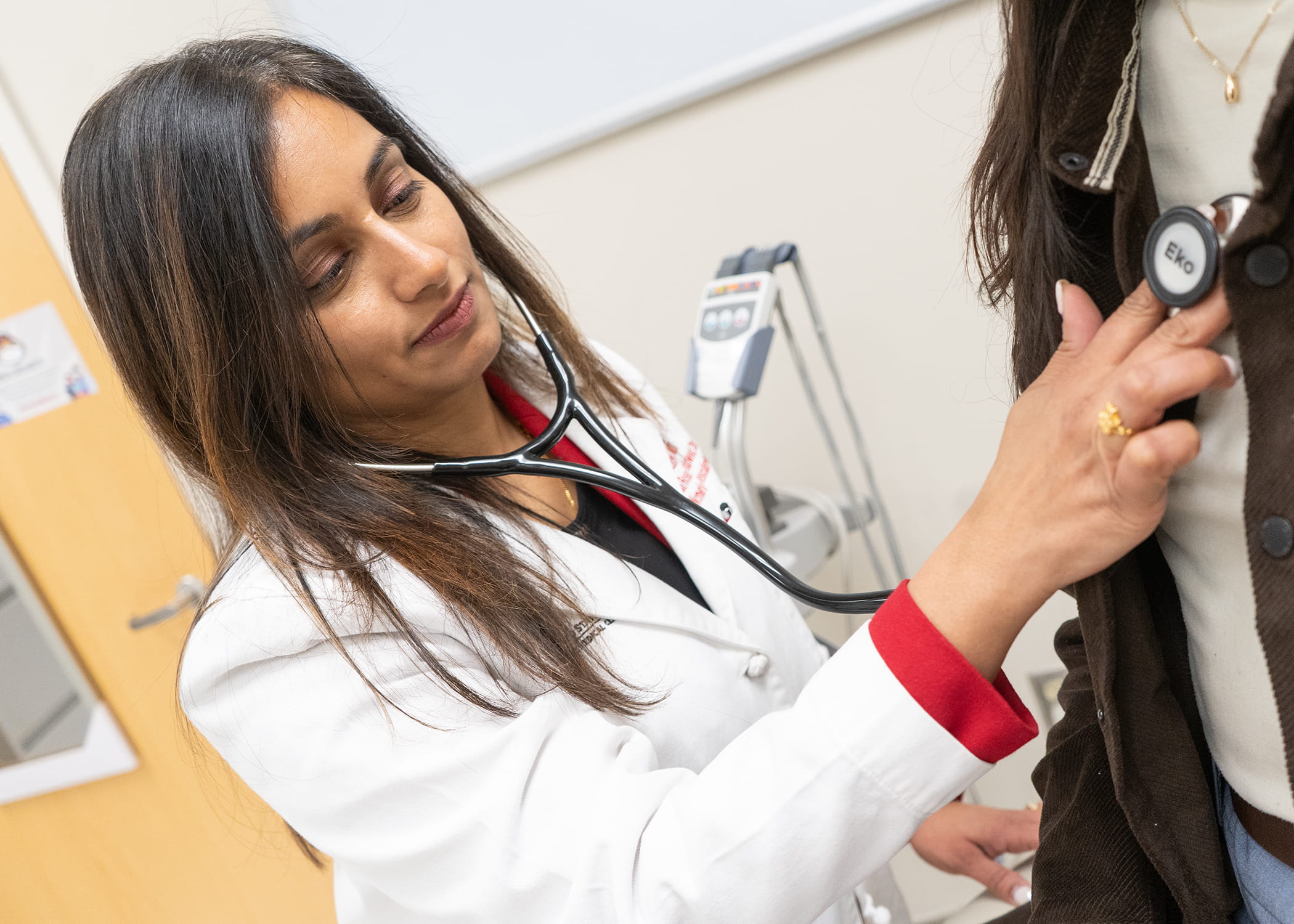
The survey asked more than 1,000 adults nationwide if they knew their blood pressure, ideal weight, cholesterol, and blood sugar levels. When it came to these important tests of heart health, people were most likely to know their ideal weight (body mass index or BMI) (44%) and least likely to know their blood sugar level (15%). In contrast, 68% knew their childhood address and 58% knew their best friend’s birthday.
“Most people associate diabetes with family history and being overweight and don’t realise it is linked to heart disease. People with diabetes are twice as likely to have heart disease or stroke than people without heart disease. Also, women with diabetes are at higher risk of heart disease than men,” Mehta said.
The survey found that while many Americans don’t keep track of these health numbers right away, they check them regularly: The majority said they’d had their blood pressure and heart rate tested within the past year, and their blood sugar and cholesterol within the past five years.
“Most people can get tested at their GP’s practice, and if you don’t have a GP, you can get tested at free health screening fairs or with a blood pressure monitor in your pharmacy,” says Mehta. “In addition to knowing your numbers, it’s important to be proactive about taking medication and making lifestyle changes such as diet and exercise. When you visit your doctor, ask what your blood pressure, cholesterol and blood sugar numbers are and what the normal ranges are. Discuss your sleep habits, along with diet, exercise, smoking and alcohol. And while no one likes to talk about their weight, it’s an important conversation to have, as being overweight is a risk factor for heart disease.”
What are your healthy heart numbers?
Blood pressure. Systolic blood pressure or the upper number should be less than 120 mm Hg and diastolic blood pressure or the lower number should be less than 80 mm Hg.
Blood glucose levels. After an 8-hour fast, blood glucose should be less than 100 mg/dL or hemoglobin A1C less than 5.7.
Cholesterol. Talk to your health care professional about recommended ranges for LDL (low-density lipoprotein) cholesterol and triglycerides and how they may affect your heart risk.
Body Mass Index (BMI). Normal range is 18.5 to 24.9.
Sleep: Aim to get an average of 7-9 hours of sleep per night.
“It’s also important to know your family health history and discuss it with your doctor. There may be risk factors that require medication or lifestyle changes, and the earlier you know about them, the better. Some people suffer heart attacks and strokes because their blood pressure and cholesterol levels are very high but they aren’t checked,” Mehta says.
Family history of high cholesterol

“His death made me think about things and made me look at my life in a totally different light,” she said.
“It’s really important to know what your numbers are, what they mean and talk to your doctor. You should know your parents’ family history so you can pass that information on to your kids and prepare the whole family to do what they need to do to stay healthy,” said Hutson, who has two young children.
Research Methodology
The survey was commissioned by The Ohio State University Wexner Medical Center and conducted by SSRS on the Opinion Panel Omnibus platform. The SSRS Opinion Panel Omnibus is a nationally-reported, twice-monthly, probability-based survey. Data collection took place December 15-17, 2023, among 1,010 respondents. The survey was conducted via web (n=980) and telephone (n=30) and was conducted in English. The margin of error across respondents is +/- 3.7 percentage points at the 95% confidence level. All SSRS Opinion Panel Omnibus data is population weighted to U.S. adults aged 18 years and older.
###


